The by-product in question is rice husks, a valuable resource that many businesses are investing in with advanced processing technologies for the international market.
Vietnam is a significant rice producer, yielding approximately 43 million tons annually. After milling, rice husks account for about 20% of the paddy weight, equivalent to roughly 5 million tons of rice husks yearly. In the past, rice husks were often discarded or merely utilized as low-efficiency fuel.
However, thanks to technological advancements and a growing awareness of their economic value, rice husks have now become a promising export commodity, favored by many countries.
Vietnamese rice husks have been exported to major markets, including Japan, South Korea, China, India, Thailand, Cambodia, Italy, Lithuania, Sweden, Germany, France, and the United States.
According to Tien Phong newspaper, with abundant raw materials, Vietnam can produce millions of tons of bio-polymers from rice husks, generating estimated profits of up to $3-3.5 billion annually.
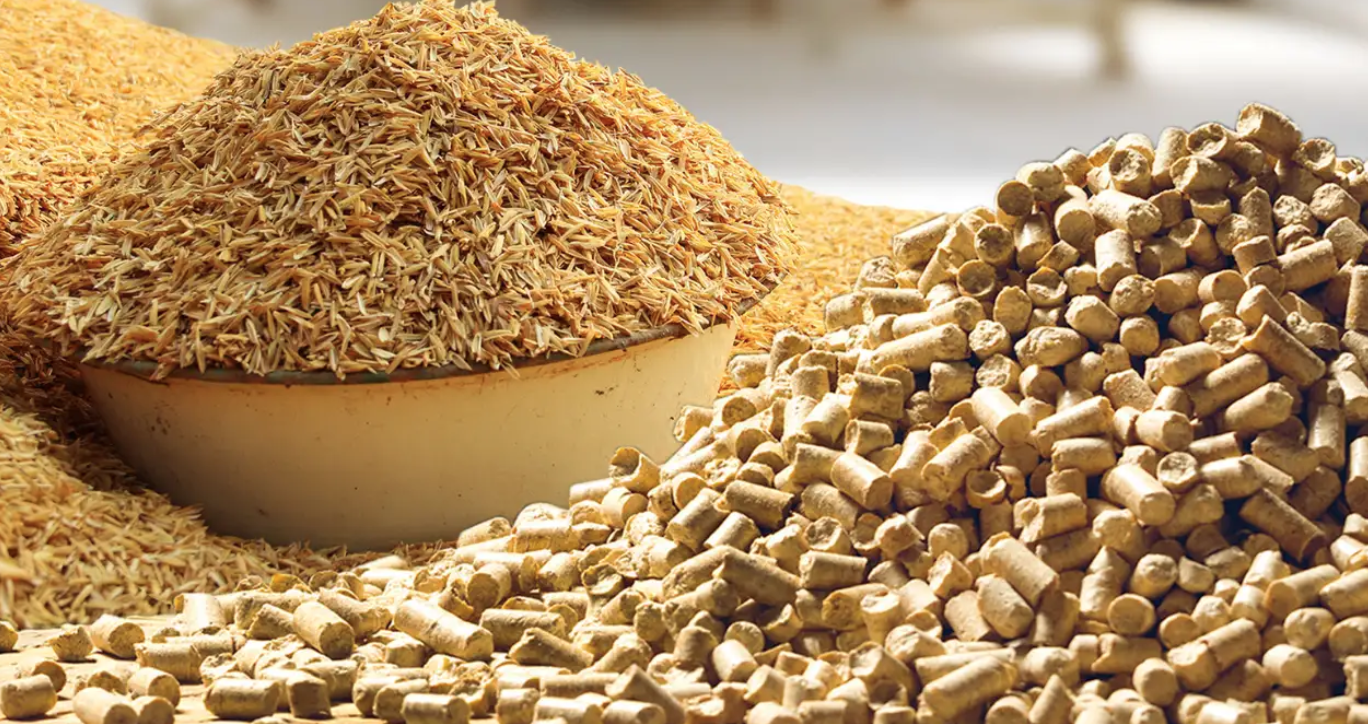
Rice husks are manufactured into pellets for export to various countries.
Popular Export Products Made from Rice Husks
Rice Husk Pellets: These are compacted rice husks formed into small pellets with excellent combustion properties and high heat generation. They are widely used as biomass fuel in thermal power plants, industrial boilers, and domestic heating systems. This product is exported to countries like Japan, South Korea, China, and European nations such as Italy and Lithuania.
Rice Husk Briquettes: Briquettes are compressed rice husks formed into cylindrical or square blocks with high density, providing long-lasting and stable combustion. They serve as a clean energy source for households and industrial plants. One ton of exported briquettes fetches approximately 200 million VND, with an average annual export volume of 40,000 tons.
Silica from Rice Husk Ash: Rice husk ash contains high silica levels, extracted to produce amorphous and nano silica. This material is crucial in manufacturing fire-resistant paints, heat-resistant materials, cosmetics, pharmaceuticals, and construction materials.
Rice Husk Biochar: Biochar is produced through thermal decomposition, containing high carbon and silica levels. It is used as an additive in steel and cement production, moisture absorption, and soil amendment. Vietnam has exported rice husk biochar to markets such as Japan and China.
Samsung Reiterates Tax Refund Proposal to the Ministry of Finance for Samsung HCMC CE Complex in Ho Chi Minh City
Samsung Group is the largest foreign investor in Vietnam, employing approximately 100,000 Vietnamese citizens. The company’s significant presence in the country has had a profound impact on the local economy, creating a ripple effect of opportunities and contributing to the nation’s thriving business landscape. With its cutting-edge technology and innovative spirit, Samsung has not only boosted Vietnam’s economic growth but also played a pivotal role in elevating the country’s reputation as a desirable investment destination.
Unlocking New Opportunities for Vietnamese Durian in the Chinese Market
The king of fruits, durian, is set to conquer new territories as Vietnam’s durians gain traction in the massive Chinese market. With nearly 1,000 approved codes, the fragrant and flavorful Vietnamese durians are now poised to tantalize the taste buds of Chinese consumers, presenting a golden opportunity for the country’s farmers and exporters alike.

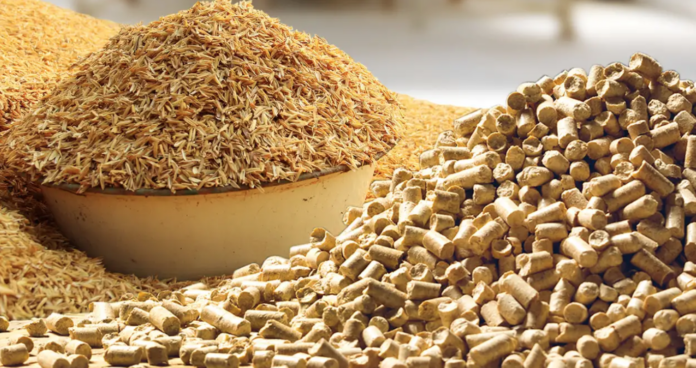
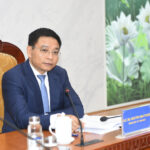

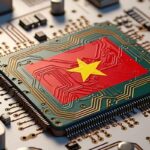

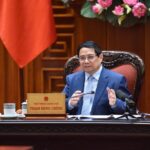



![[Photo Essay]: Experts, Managers, and Businesses Unite to Forge a Path Towards Sustainable Green Industry](https://xe.today/wp-content/uploads/2025/07/z678592918-150x150.jpg)


![[Photo Essay]: Experts, Managers, and Businesses Unite to Forge a Path Towards Sustainable Green Industry](https://xe.today/wp-content/uploads/2025/07/z678592918-100x70.jpg)







